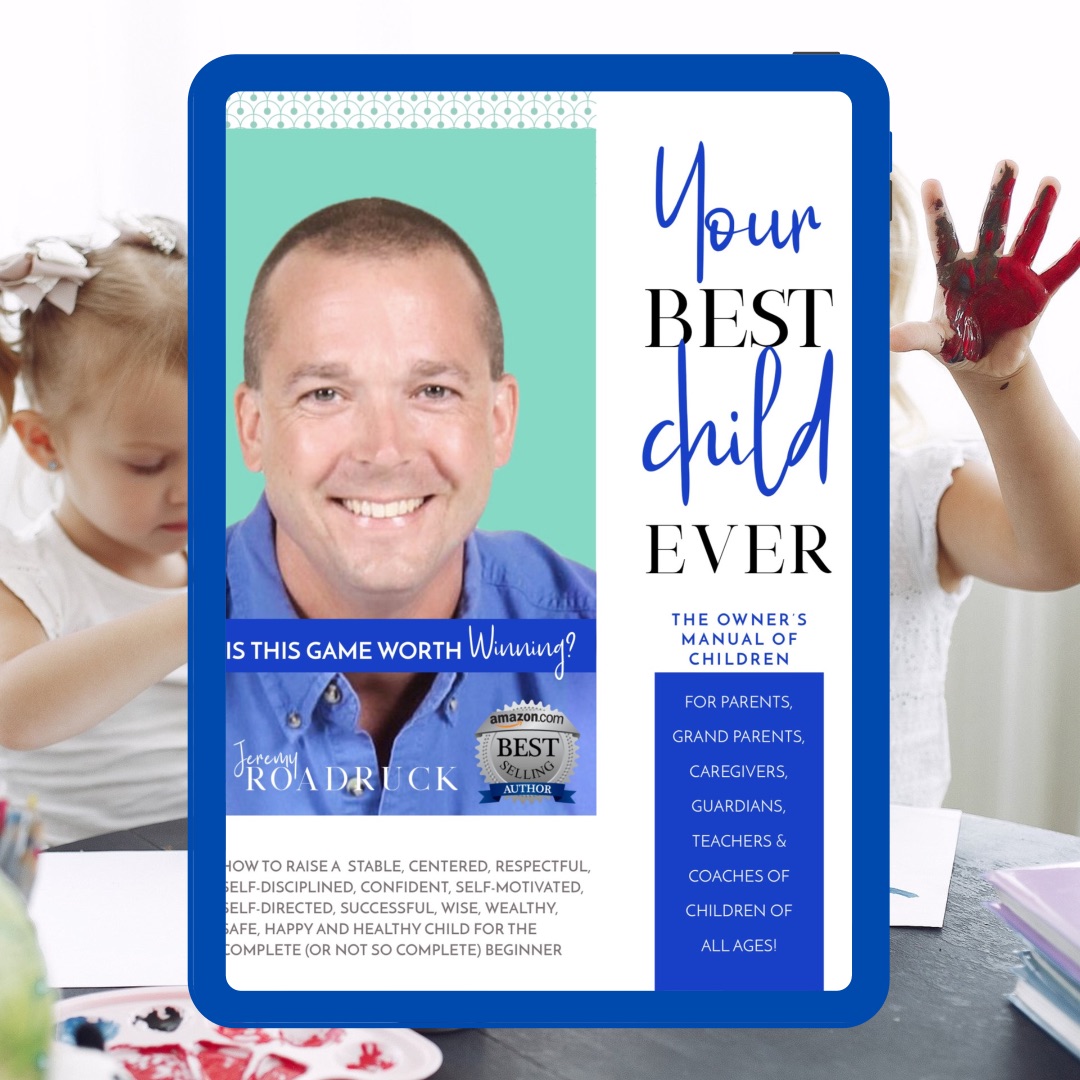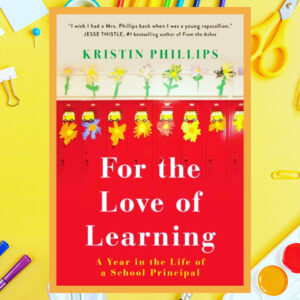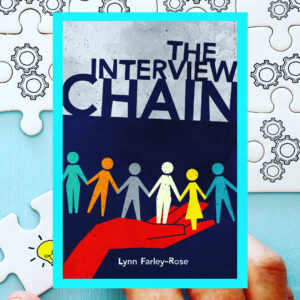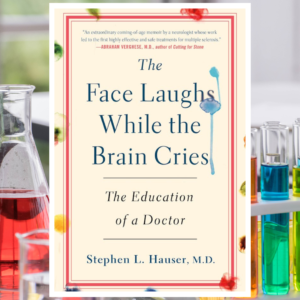⭐️⭐️⭐️⭐️
This book really surprised me.
I admit I was curious – what would a Martial Arts Master, himself childless, have to teach about raising children?
Reading Part 1, the first few chapters, confused me a little and I struggled a bit to get into the casual conversational writing style, not quite following the organization or the flow. In this section, the author lays down his “game of life” metaphor, and I admit it did not immediately resonate with me. But, based on the examples presented, I was beginning to understand that Martial Arts training, initiated at a very young age for some children, is as much a life-altering philosophy (in many cases based on Taoist principles) as it is a physical endeavor. It was easy to feel the authors deep sincerity and his respect for the people (children and adults) he works with, and I began to relax into the content, just going with the flow of interesting theory, case study snippets, examples, and learnings presented as “foundational” themes laid which wold set the stage for the rest of the book.
When I hit Part 2, it all began to click for me. Each chapter in Part 2 and Part 3 are part of a framework of sorts which make up the pillars underlying the proposed transformational journey with your child. In reality, the pillars inform the work to be done by any self-actualizing parent who is seeking to serve as an effective model for their child on his own journey (as well as for their journey together). The pillars are beautifully articulated, rich with concepts, details, tools and examples, and even in my case (mother to three adult children, no grandchildren yet) I found the content compelling. What makes this content particularly relevant is that the author provides not only context and theory, but appropriately sized and relevant exercises, worksheets and templates to help get the reader started – putting in practice his “crawl before you walk before you run before you fly” (CWRF) principle. Examples are the “blessings list” and the daily special day check presented in the section on developing an attitude of Gratitude.
The chapters are rich with stories of sample interactions with young children in challenging situations, and the themes laid down in the first section now began to connect to the pillars for me. In the examples presented, the author consistently makes very effective use of language and a questioning style targeted to be understood by even very young ears. I particularly enjoyed the questioning a child’s understanding of his “energy” as feeling “big, happy, warm” (positive energy) or “small, cold, sad” (negative energy), as well as “this is the best I’ve ever done and I’ll get better with practice” mantra.
The author’s compassionate intent throughout, to engage, inform, question, converse, and even learn, himself, through this book shines through the content. To apply the material presented , most sections require inward reflection on the part of the reader. With remarkable candor, the author does not shy away from contributing his own self- discoveries, even in the case of the difficult or extremely painful.
If, as the author suggests, wisdom can be defined as knowledge applied with compassion, this is a warm, wonderful and wise book and I’m grateful to have read it.
A great big thank you to the author, Jeremy Roadruck, for an advance review copy of this book in exchange for an honest review. All thoughts presented are my own.



